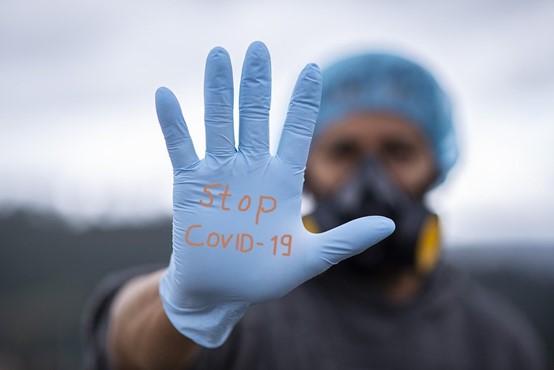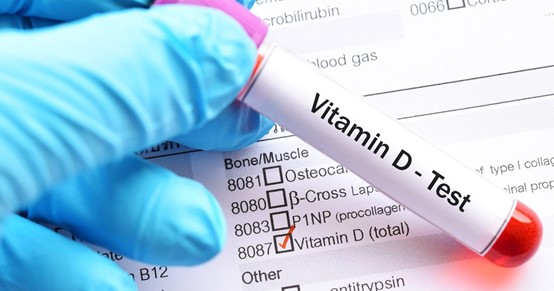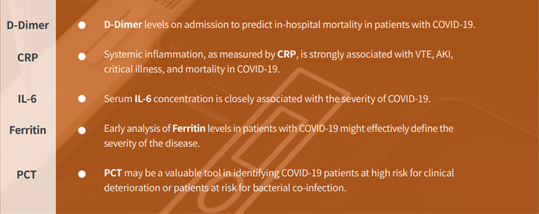Vitamin D For Prevention of Respiratory Tract Infections (COVID-19)
What is Vitamin D?
Vitamin D is a fat-soluble-vitamin, unlike most other vitamins which are generally obtained through dietary sources, in that a major source derives from UV light-induced conversion of its precursor under the skin which means Vitamin D can be produced by the body itself through exposure to sunlight. Vitamin D is not naturally present in most foods. Dietary sources include fortified foods and supplements. Fatty fish and fish liver oils are among the few quality sources of vitamin D, and smaller amounts are found in beef liver and some mushrooms. (WHO, n.d.) (Lukaszuk and Luebbers, 2017)

Studies have shown that there is a high prevalence of vitamin D deficiency worldwide. (WHO, n.d.)
Why is Vitamin D Important?
Vitamin D deficiency may affect the immune system as vitamin D plays an immunomodulation role, enhancing innate immunity by up-regulating the expression and secretion of antimicrobial peptides, which boosts mucosal defences. Furthermore, recent meta-analyses have reported a protective effect of vitamin D supplementation on respiratory tract infections. (WHO, n.d.)
Traditionally, vitamin D deficiency has been associated with rickets, a disease in which the bone tissue doesn't properly mineralize, leading to soft bones and skeletal deformities. But increasingly, research is revealing the importance of vitamin D in protecting against a host of health problems including:
l Increased risk of death from cardiovascular disease
l Cognitive impairment in older adults
l Severe asthma in children
l Cancer (Davis, 2009)

Vitamin D Supplementation to Prevent Acute Respiratory Tract Infections
Respiratory tract infections are conditions that affect the air passages. These include acute infections that affect the lower respiratory tract and lungs, such as pneumonia and influenza, which are among the leading causes of death in children worldwide. (WHO, n.d.)
In 2015, 16% of all deaths in children under five years of age were attributed to pneumonia. Pneumonia is usually caused by a bacterial infection and can also be caused by a virus, such as coronavirus (COVID-19). These conditions may also have an impact on quality of life. Therefore, it is important to find interventions that could prevent respiratory conditions. (WHO, n.d.)
A constant effort has been put into addressing those diseases caused by Vitamin D deficiency. And so far to our knowledge, observational studies report consistent independent associations between low serum concentrations of 25-hydroxyvitamin D and susceptibility to acute respiratory tract infection.
In a recent-year research conducted by a whole lot of health professionals to find out the role of Vitamin D in preventing respiratory infections, they came to a conclusion: “Vitamin D supplementation reduced the risk of acute respiratory tract infection among all participants. And protective effects were seen in those receiving daily or weekly vitamin D.” (Lukaszuk and Luebbers, 2017)
During this long-lasting fight against COVID-19 pandemic, several studies found that high levels of vitamin D might lower your risk for severe COVID-19 infection. While experts say more research is needed on its antiviral properties, we should overlook that Vitamin D boosts your immune system and eases inflammation. (WebMD, n.d.)

How Do You Assess Vitamin D?
Symptoms of bone pain and muscle weakness can mean you have a vitamin D deficiency. However, for many people, the symptoms are subtle. Yet, even without symptoms. (Davis, 2009)
The most accurate way to measure how much vitamin D is in your body is the 25-hydroxy vitamin D (25(OH)D) blood test. A level of 20 nanograms/millilitre to 50 ng/mL is considered adequate for healthy people. A level less than 12 ng/mL indicates vitamin D deficiency. (WebMD, n.d.)

Biotime’s Solutions
First,
The most accurate way to determine Vitamin D deficiency is to get a 25(OH) D test regardless of whether or not you have symptoms. The Biotime 25(OH) D assay aids in the assessment of vitamin D sufficiency allowing more efficient health checks with results you can trust.
Second,
Check respiratory tract infections or any kinds of inflammatory process present in your body using the range of Biotime’s inflammation parameters. They help identifying pathogens and monitoring progress of inflammatory process or effectiveness of therapeutic treatment which are critical to effective infection management.
Third,
To optimize time-to-treatment, the diagnosis of COVID-19 infections should not always and only rely on the traditional methods like SARS-CoV-2 antibody/antigen tests. Therefore, other methods for COVID-19 detection have been developed in order to ensure more effective patient management. Based on strong evidences enclosed by a number of studies, Biotime is now offering a NEW SERIRES of complementary diagnostic tests for COVID-19 to empower healthcare professionals to make more informed treatment decisions for COVID-19 patients.

Ever since the right beginning of the global pandemic, Biotime has been deeply committed to supporting the global response to put an end to the COVID-19 pandemic. That’s exactly why we invest heavily in research and development to deliver impactful diagnostic solutions that address real-world needs and to provide increased access to diagnostics in countries hardest hit by the disease. We believe what we are doing now is the best indicator of the future.
Take a tour of all we have to offer here on our website.
WEBSTIE: www.xiamenbiotime.com
EMAIL: baotai@xmbtsw.com
References
WHO. (n.d.). WHO | Vitamin D for prevention of respiratory tract infections. [online] [Accessed 1 Sep. 2021].
Lukaszuk, J.M. and Luebbers, P.E. (2017). 25(OH)D status: Effect of D 3 supplement. Obesity Science & Practice, [online] 3(1), pp.99–105. [Accessed 1 Sep. 2021].
Davis, S. (2009). Vitamin D Deficiency. [online] WebMD. [Accessed 1 Sep. 2021].
WebMD. (n.d.). What to Know About Vitamin D and COVID-19. [online] [Accessed 1 Sep. 2021].